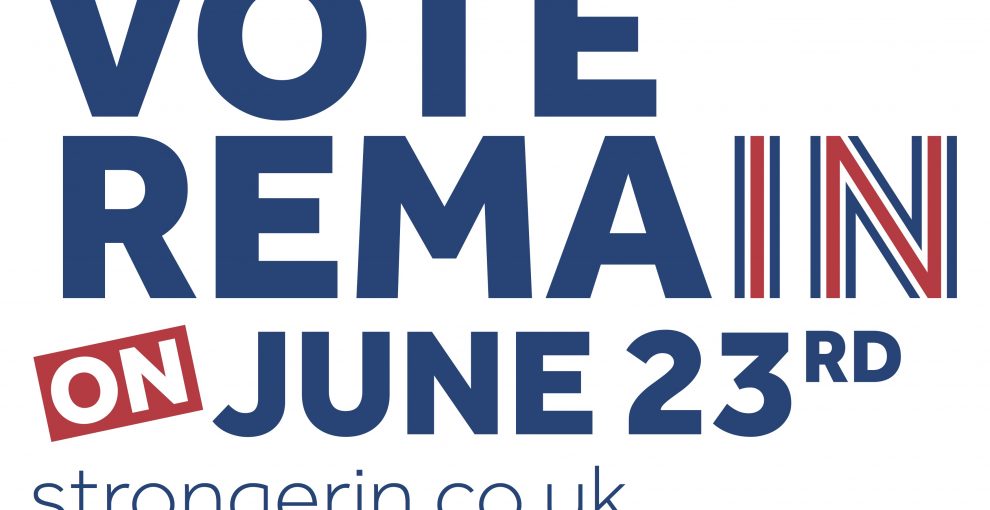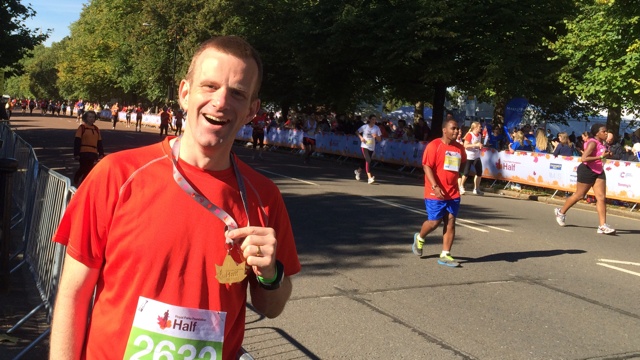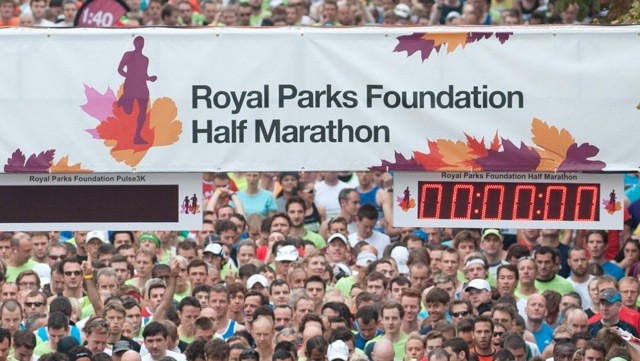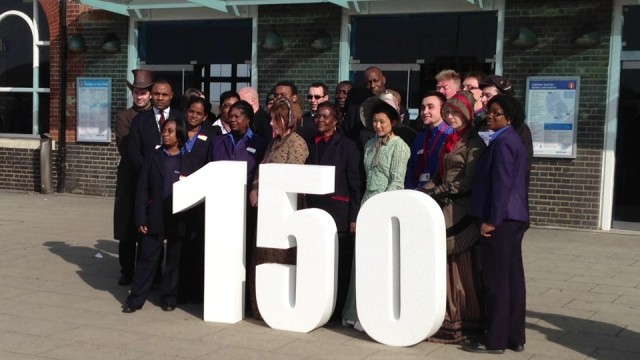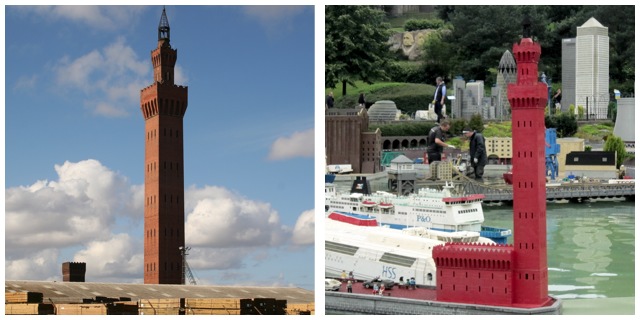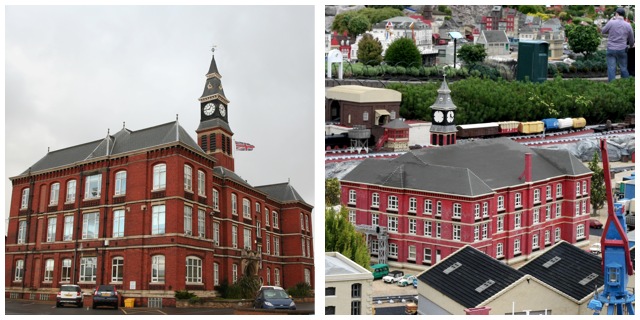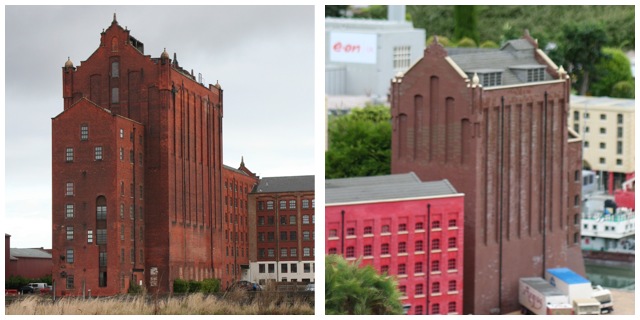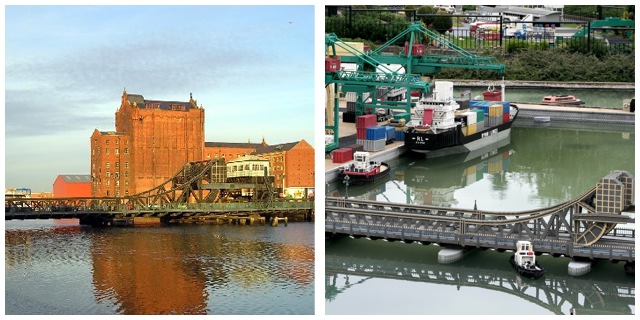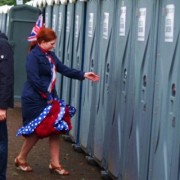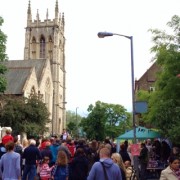I am now enjoying a short break between jobs. Fortunately (and I know there are many in a less fortunate position) it is a planned break. Originally intended to include the Paris marathon and a lengthy break with the family my plans have changed to pretty much just staying at home. Even the things I can still do are affected. I no longer run in a straight line as I curve around people mutually maximising our social distance. My plans to make up for lost time as a school governor have transformed from lesson walks and observations to video meetings and a focus on health and safety and safeguarding.
If it was a badly timed break it is also a badly timed job start. I am, after a brief dalliance in the private sector, returning to the NHS. I cannot pretend it’s a noble move: it was not COVID-19 motivated and by the time I’ve got to grips with my role, new organisation and relationships we may well be past the pandemic peak but the virus will still make starting a job in any organisation an unusual experience.
But the pandemic does highlight why I am going back to the NHS. I was a late and accidental joiner but felt a strong sense of purpose from my very first day. Part of the reason I’m returning is because, even though remained in healthcare, I never felt that same sense of purpose after I left. The NHS is a huge and complex organisation and my contribution was, and will be, small. But the NHS is the sum of those small contributions and each one is worthwhile.
As I stood at my front door joining in the #clapforcarers last night I was reminded of the Nigel Lawson comment that the NHS was the nearest thing this country has to a national religion. He, of course, made that comment with the sneering contempt you would expect him to have for a public sector institution. It was clear last night, though, the public attitude would be very different.
The NHS, despite its imperfections (often introduced, I would argue, in the attempts to ‘improve’ by introducing the market) and years of underfunding, remains one of this country’s greatest assets. I’m very much looking forward to having some time with my family but incredibly proud and excited and just a little impatient to be back in the NHS.
